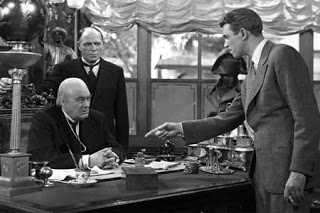I really like the bilingual signs in Canada. It’s good for English speakers to be reminded that English isn’t the only language in the entire world. (Remember: Republicans made fun of John Kerry because he spoke French. What kind of president would he be?!)
But while driving through British Columbia, I saw a bilingual sign, and French wasn’t the other language. Here’s the sign, snorfed from Wikipedia.
So what’s the language? Why the accents and lines? And what is a ‘7’ doing in the middle of a word?
The Wikipedia page for the Squamish language answered most of my questions. The language is known as ‘Sḵwx̱wú7mesh’ (or the more Anglicised ‘Squamish’). It was first documented by no less than the legendary anthropologist Franz Boas. Sadly, it appears that only about 15 native speakers remain. I don’t know if those 15 speakers do a lot of driving, but I’m glad the signs are up anyway.
So, to the characters:
The ‘7’ is a glottal stop. That’s the sound that Cockney speakers use in the middle of ‘bottle’ or ‘mental’. I use it in the middle of ‘uh-oh’ or (a little strangely) ‘hot water’. A real glottal stop looks like this: ʔ. I don’t see anything on my keyboard that looks more like a glottal stop than the 7 does, except the question mark, which would be even more confusing, so I guess 7 was a good choice.
The ‘k’ and the ‘x’ with lines under them are just like a regular ‘k’ or ‘x’ (the latter of which which we don’t have in English — think ‘ch’ as in Scottish ‘loch’), but they’re farther back in the throat. You have to take it all the way back to your uvula, also known as ‘the hangy down thing in your throat’. Just make a ‘k’ sound as if you’re choking. (Why do they make sounds in such strange places? Oh, everyone does in one way or another. We have a ‘th’ sound in English, which other people think is weird.)
What about the ‘k’ with an apostrophe? That’s the exciting one for me. It’s an ejective. Usually we make the ‘k’ sound with a puff of air, but the ejective ‘k’ is different. To make an ejective ‘k’, just hold your breath, and without letting it out, make a ‘k’ sound as best you can. That’s ejective ‘k’.
Finally, if a vowel has an apostrophe after it, that just means that vowel takes the stress.
There you have it — Squamish phonology. Or more appropriately, Sḵwx̱wú7mesh phonology.




Recent Comments